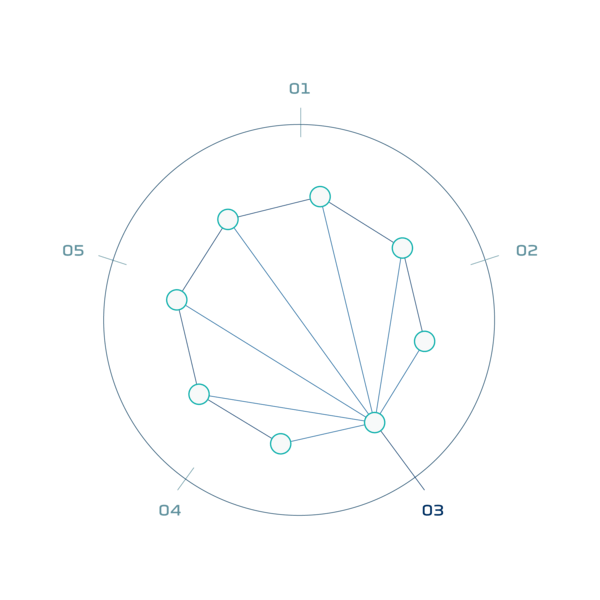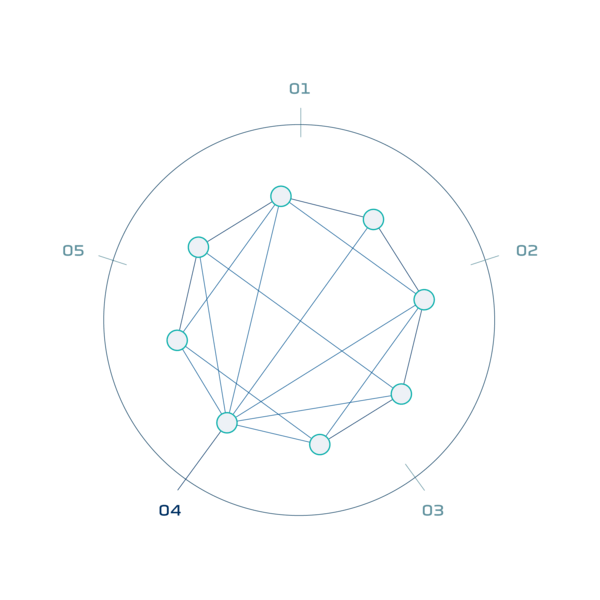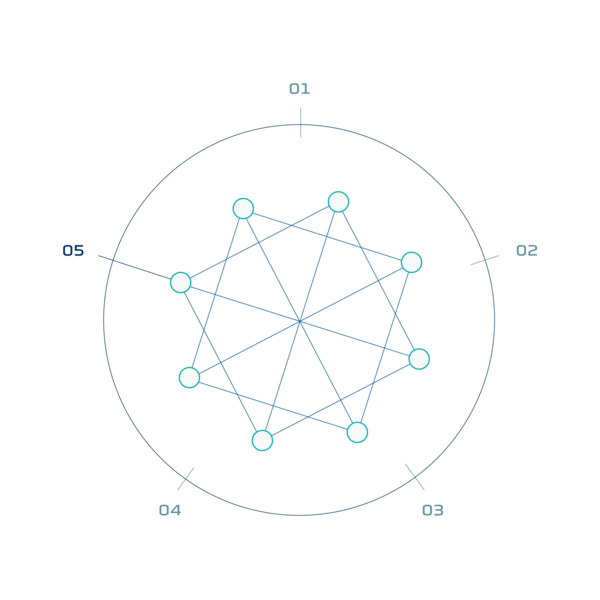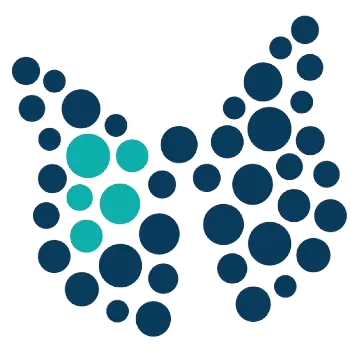Translational Pulmonary
& Immunology Research Center
& Immunology Research Center
The B.A.R.I.C. Data Loop was established to collect, analyze, and streamline patient data, to identify treatment outcomes through remission, to offer customized therapeutic treatment to patients, and continuously monitor and improve.
B.A.R.I.C. Data Loop is the core of TPIRC, it provides principles for developing treatments for orphan diseases by mitigating risks and controlling the outcomes with big data. With the big data meets big medicine approach, TPIRC will end fear and restore hope to the group of patients who suffer from orphan diseases
The B.A.R.I.C. Data Loop was established to collect, analyze, and streamline patient data, to identify treatment outcomes through remission, to offer customized therapeutic treatment to patients, and continuously monitor and improve.

The biobank is an Institutional Review Board approved, federally regulated repository of human blood samples and data localized to disease states over a duration of time. The biobank allows for a comprehensive network of clinical, demographic, genetic, organ specific data, and more to analyze in various applied mathematical models to determine associations for disease interventions.
TPIRC uses precision medicine and data analytics to drive both treatment and research in orphan diseases. TPIRC’s primary focus areas are food allergies, cystic fibrosis, bronchiectasis, airway inflammatory disorders, and immunodeficiency.
The TPIRC Biobank was created as a research resource that includes bio-specimens and clinical data collected longitudinally from TPIRC patients. TPIRC researchers, their collaborators, and other approved investigators use the biobank to support studies in food allergy, cystic fibrosis, bronchiectasis, airway inflammatory disorders, immunodeficiency and other clinical treatment and research areas aligned with TPIRC’s work. While our clinical research is often focused upon the N of 1 model, the biobank complements that work by facilitating related research that requires larger data sets.
This research helps in many ways, including defining the mechanisms at play in Food Allergy Institute’s Tolerance Induction Program (TIP). This leads to the discovery of new biomarkers that can help our patients today and in the future.


Mixed model analytics and other forms of advanced biostatistical analysis applied to trillions of data points build the core foundation of disease understanding. Studying trillions of data points in disease association allows for subgroup analysis based on the isolation of multiple variables.
TPIRC houses the first of its kind national food allergy diagnostics laboratory, TPIRC Diagnostics (formerly Foundation Labs), which allows us to interface real-time diagnostics with real-time data analysis. With the data collection process in-house, we can manage the entire flow of data — from start to finish — and we expand exponentially our ability to collect even more data to continually study and analyze, driving our research processes and ultimately leading to the fulfillment of our primary mission – advancing discovery at a pace which helps our patients today.


Basic, translational and clinical research is applied to the analytics model allowing for unique and advanced understanding of disease processes and response to therapies. When built upon analytics and virtual biodata, the need to spend years of time building physical models is eliminated. Focused research using analytics modeling produces efficient and effective research outcomes which create informatics standards for disease analysis.
Our ability to collect data to continually analyze drives our research processes, ultimately leading to the fulfillment of our primary mission – advancing scientific discovery and medical advancement.


Informatics is the science of data development and storage. Research conducted in the B.A.R.I.C. Data Loop builds algorithms and data processes for disease treatment. These processes require data storage in the form of informatics.
Informatics is the science of data development and storage. Research conducted in the B.A.R.I.C. Data Loop builds algorithms and data processes for disease treatment. These processes require data storage in the form of informatics.
Our informatics team leverages more than 150 trillion data points through Artificial Intelligence (AI) and machine learning to reveal and reinforce predictive patterns. These patterns lead to advancements in care at an unparalleled pace. Over time, our already successful, integrated approach is continually refined for more precise patient treatment.
TPIRC offers a unique opportunity to implement big data analytics with direct patient care. Over 1 trillion data points have been collected over 15 years to drive treatment. Data informatics is an integral part of patient care through the development of proprietary software. This software is the basis for all future operations. This includes the housing of all patient data, the foundation of a proprietary EMR/Call Center solution, as well as using Artificial Intelligence (AI) to further research and patient care.


The final step of the B.A.R.I.C. Data Loop is clinic treatment of patients. Each patient’s data is their own control. Their treatment is designed based upon data models and data monitoring. The result is a patient-specific, highly successful form of therapy.
As treatments are calibrated in real-time, our patients enter remission at record pace and at a 99% program success rate. Each patient is his/her/their own control and all data feeds back into the biobank, leading to more data to fuel and continually improve our precision care. At TPIRC, the B.A.R.I.C. Data Loop means our patients can get treatment plans to start their recovery immediately instead of 10 years down the road.

